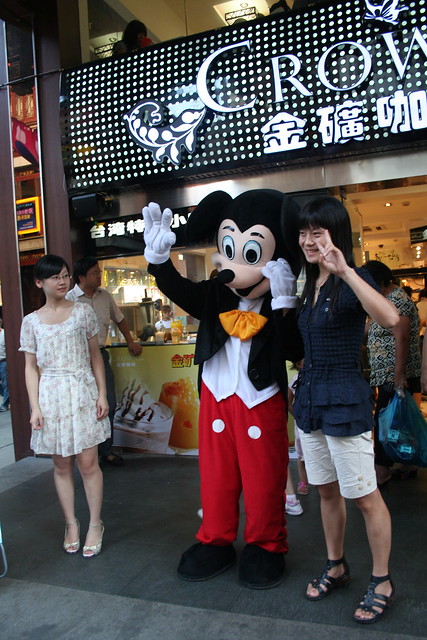Thamus’ response to in invention of writing: “The discovery of the alphabet will create forgetfulness in the learners’ souls, because they will not use their memories; they will trust to the external written characters and not remember of themselves. Your invention is not an aid to memory…you give your disciples not truth, but only the semblance of truth; they will be the hearers of many things and they will learn nothing.” Pheadrus (McLuhan, 1967, p. 113)
In this quote, Plato explains the mythic story of the Egyptian gods Thoth and Thamus. So the story goes, Thoth was trying to convince Thamus to support the invention of writing. After Thoth detailed all of the benefits of writing, Thamus continued to be fearful of this new technology. Thamus worried that writing would have tragic consequences for humanity. More specifically, Thamus predicted that the loss of memory would outweigh the gain of preserving written knowledge. At the time, when oralists passed away, their knowledge was also lost. Today, I would argue that modern cultures value the written or digitalized word. In schools, educating children now infers that students are literate. In fact the words, literate, educated and well-read are terms that are used interchangeably.
McLuhan, M., Fiore, Q., & Agel, J. (1967). The medium is the massage. New York: Bantam Books.
An Addendum to my Technology post
When I originally wrote this post about the mythical story of the Egyptian King Thamus and the invention of writing, I did not realize that we would read about this story in the Neil Postman article. I came across this story in one of my undergraduate classes and feel that it accurate depicts a natural human reaction to the onset of new technology. As a MET student and a teacher who is generally interested in educational technology, I have had to justify the use of new technology to my colleagues on several occasions. For teachers, technology is inevitably changing the way we teach and learn. Similar to the invention of handwriting, digitalized text provides great benefits to education by furthering the creativity and imagination of students through the use of portable devices.






